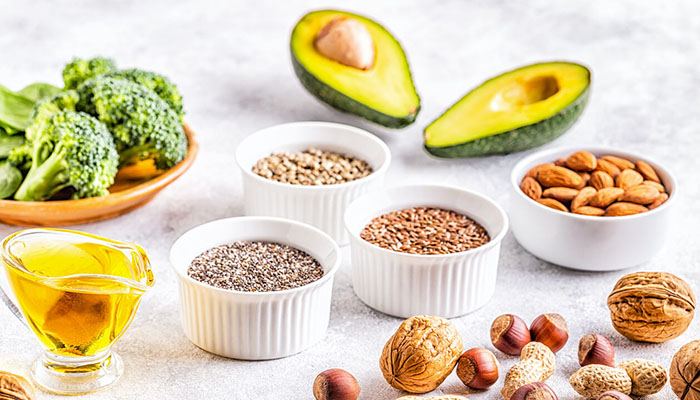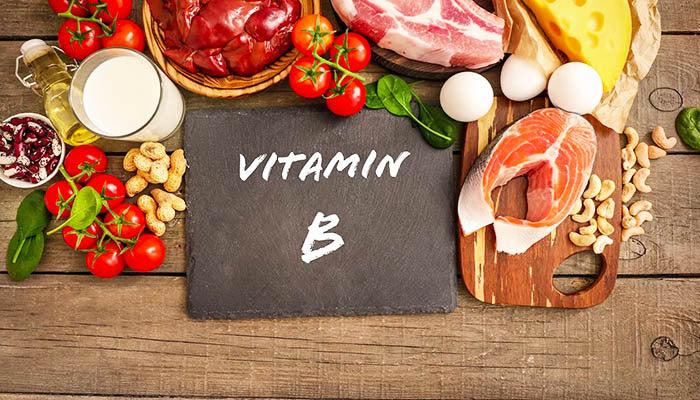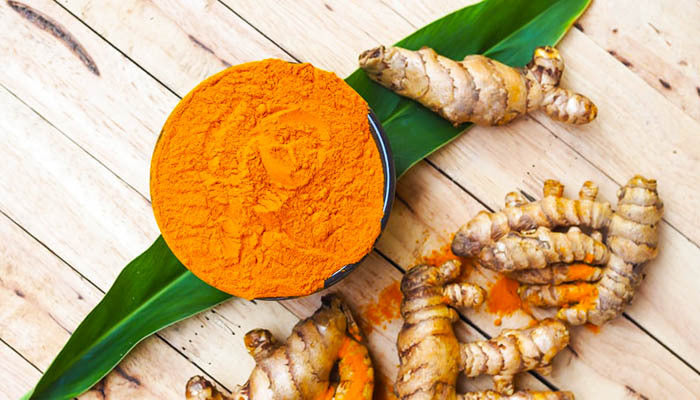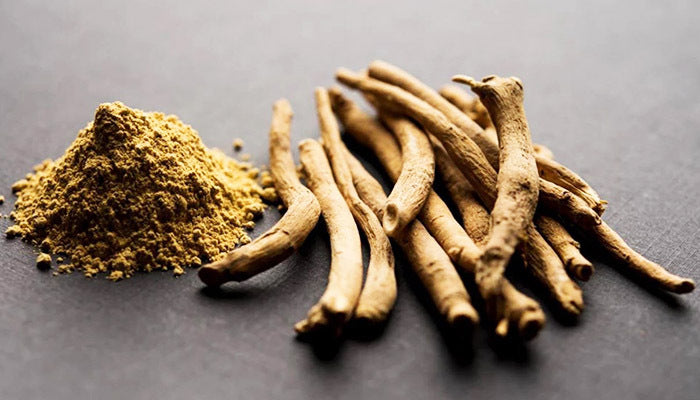Exploring the Different Types of Vegan Omega-3 Sources
Omega-3 fatty acids are essential nutrients that play a crucial role in maintaining overall health and well-being. They are known to support various bodily functions, such as brain health, heart health, and immune system function [1]. However, for those who follow a vegan diet, obtaining sufficient Omega-3s can be a challenge. This is because the most bioavailable sources of these fatty acids are typically found in animal products, such as fish and fish oil. Nevertheless, there are alternative vegan sources that provide Omega-3s and can be incorporated into a plant-based lifestyle.








